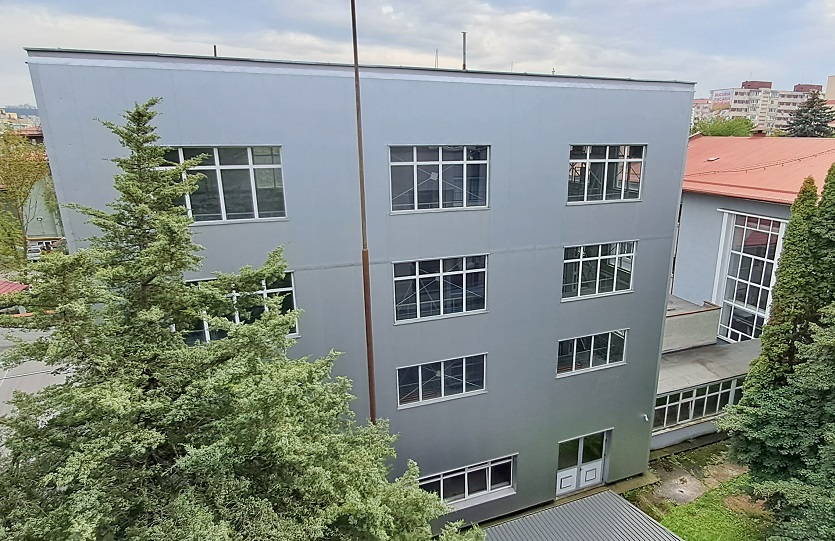The Research Centre for Light Stable Isotopes – CCISU is an INCDTIM entity included in the list of Facilities and Objects of National Interest – IOSIN.
The CCISU incorporates specific technological facilities for isotopic separations, a laboratory for the synthesis of 2H, 13C, 15N and 18O labeled compounds and high-tech equipment for isotopic analysis and diagnostics, supporting research and development in strategic areas such as energy, environment, health, biotechnologies, advanced materials, food safety, innovative processes and products. CCISU’s main mission is to exploit results in the field of isotope separation/enrichment, isotope labeling and isotope analytical techniques, by developing them for market supply in the form of high-tech services/products, CCISU can respond to the increasing challenges in the above-mentioned fields. CCISU research is mainly related to the development of new concepts in the field of isotope technologies and their practical exploitation.

